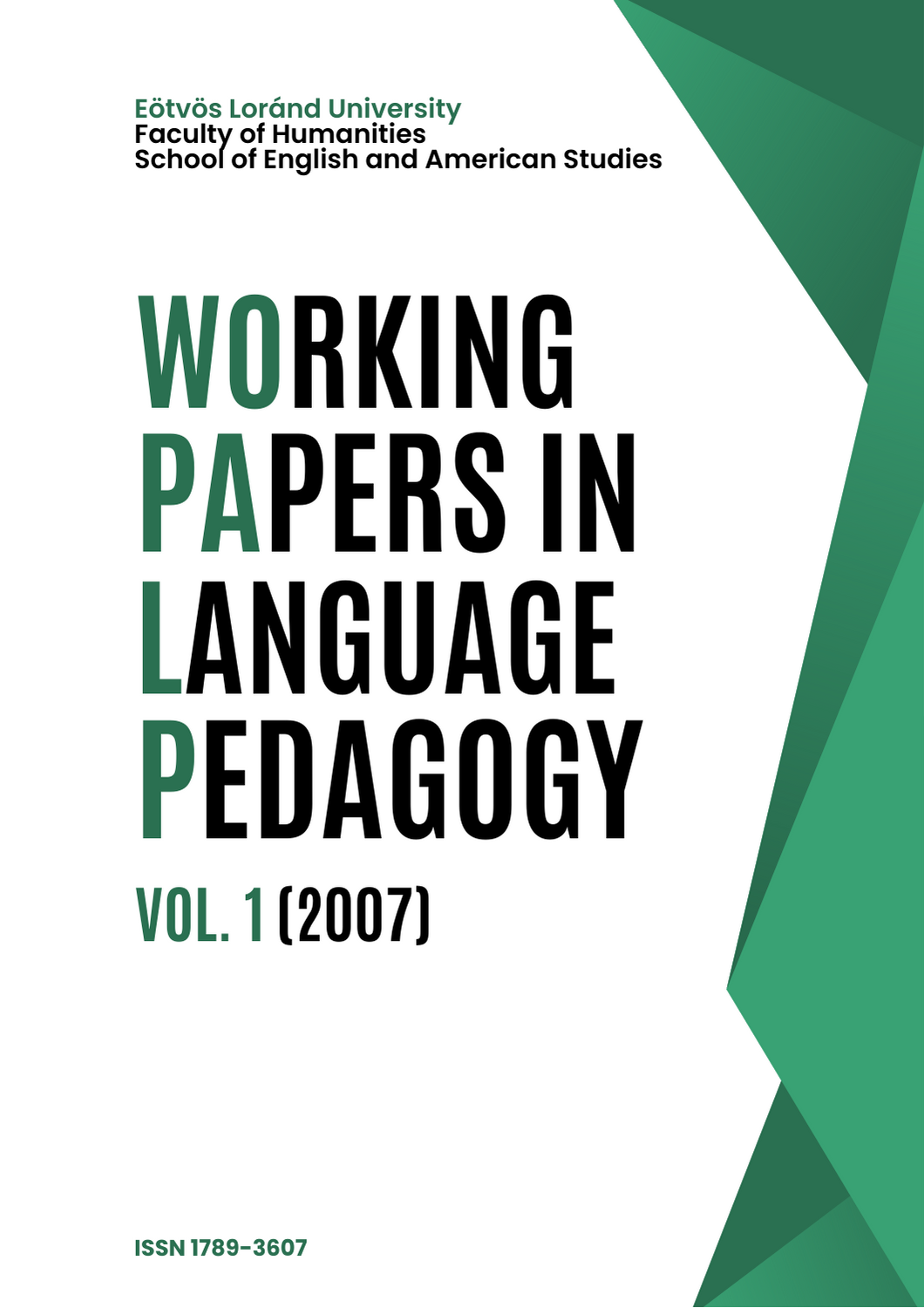The Textual Representation of a Political Paradigm Shift: A Critical Discourse Analysis of Two Election Manifestos
DOI:
https://doi.org/10.61425/wplp.2007.1.99.124Keywords:
critical discourse analysis, text analysis, British cultural studies, political discourseAbstract
This paper examines the language used by two British political leaders of the 1990s in their election manifestos. This examination aims to explore how each leader’s language reflects their, and their party’s, political stance at each election and what social, economic, technological, and above all, political influences are apparent from the language used. In doing this the intertextuality of both manifestos will be closely examined to ascertain how each party leader makes use of other texts within their own discourse. Differences in the content and language used in the two documents are found, and this is seen to stem from the prevailing conditions in each of the two election years. However, while the 1992 manifesto reflects the stereotypical left-right divide of British politics, making positive reference to class struggle and state direction, the 1997 document has tempered or jettisoned such notions. By 1997 a new way had been charted between the traditional extremes of left and right politicking, citing the need for rights balanced with duties for an inclusive citizenry. For language learners and teachers this paper offers a means of not just reading between the lines, but heightens our awareness of the need to avoid taking texts at face value.




